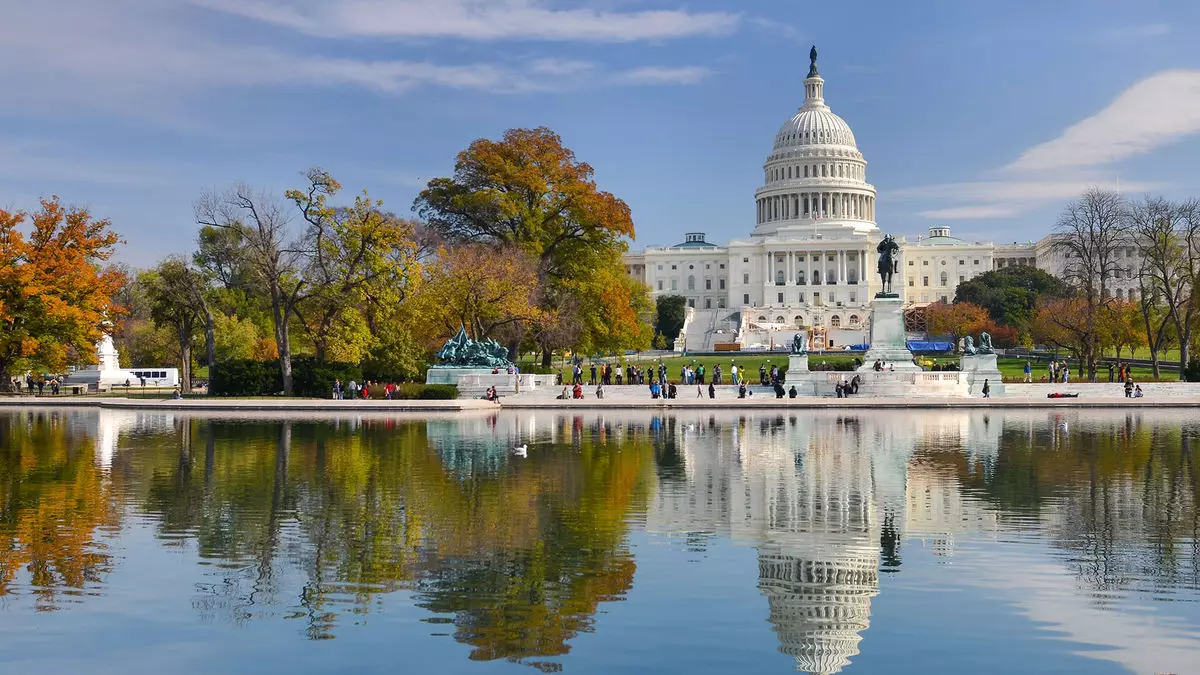As Donald Trump prepares to reclaim the presidency, significant transformations loom on the horizon for the travel sector in the United States. The implications of these shifts not only encompass changes in policies affecting travel but also the reinstatement of certain strategies that could reshape international tourism’s landscape. Analysts are questioning what this newfound governance will bring to the travel industry, and the general sentiment revolves around uncertainty and potential disruption.
Gary Leff, a seasoned travel analyst and founder of the “View From the Wing” blog, hints at a marked break from the previously established norms under a Trump presidency. His forecast underscores potential changes in administration philosophy that may deviate from the ‘business as usual’ approach long embraced by mainstream Republican leadership.
One notable change may involve the personnel Trump chooses to fill critical roles in transportation and tourism. Unlike his first term, where he appointed notable figures from the traditional Republican establishment, this new administration could reflect a shift toward more hardline policies. This shift could hinder inbound tourism, particularly as Trump’s previous emphasis on stringent border control measures returns to the forefront. Given the current climate, where international relations are fraught with tension, particularly with China, it is unlikely that we will see a swift recovery in U.S.-China travel.
Leff speculates that heightened scrutiny may emerge for airport arrivals and visa processing within the travel sector. Trump’s history suggests that his strategy heavily favors strong border control, which could dramatically affect foreign tourism rates. The Biden administration previously sought to alleviate visa backlogs, an effort that might be neglected under Trump’s leadership, thus potentially dissuading visitors from seeking entry into the U.S.
The broader geopolitical context and a more aggressive foreign policy stance may further exacerbate these challenges. For example, ongoing trade disputes with significant travel partners like China could severely impede the rebound of pre-pandemic passenger levels, limiting opportunities for global travel exchange.
On the airline front, analysts like Lucinda Guthrie from Mergermarket suggest that a Trump administration could catalyze a new wave of mergers and acquisitions within the airline sector. This contrasts sharply with the Biden administration’s rigorous antitrust scrutiny, which saw the Department of Justice effectively challenge airline consolidations.
While there is optimism among industry insiders regarding deregulation and expanded consolidation opportunities under Trump, there is also apprehension. With Vice President-elect JD Vance signaling support for a hardline against previous merger opponents like Lina Khan, new policies may arise, creating a complex landscape for both new partnerships and competition.
Recent developments underscore a potential return to less strenuous regulatory oversight on airlines. The possibility of relaxed inquiries into loyalty programs or consolidation practices could signal a shift back towards facilitating partnership agreements that have been rejected or stalled in the past.
Contrary to the emerging opportunities for airlines, consumer protection regulations under the Trump administration could be at risk. The high penalties levied against airlines during the Biden era—such as the $140 million fine against Southwest Airlines—may become relics of the past as a new administration may prioritize deregulation. This shift could impede measures aimed at protecting consumers from unfair practices, including proposals related to compensating passengers for cancellations and delays.
As a barometer of sentiments in Washington, bipartisan efforts may manage to endure through any administration changes. Initiatives related to “junk fees,” for example, have garnered widespread support across party lines. The bipartisan Infrastructure and Investment and Jobs Act, which focuses on crucial improvements in transportation infrastructure, may be difficult for the Trump administration to dismantle, especially considering its public backing.
The impending Trump administration presents an uncertain landscape for the travel and tourism sector. With significant policy changes on the horizon—ranging from potential deregulation in airline mergers to heightened scrutiny over visa processing—the impact on both domestic and international travel remains unclear. Stakeholders in the travel industry must remain astute observers as these shifts unfold, navigating a realm where opportunities may arise, yet challenges will undoubtedly persist.
Engagement with the evolving political climate is crucial for industry players as they brace for changes that could define the next chapter of travel in the United States. The blending of regulatory changes aimed at the airline industry and consumer protections will set the stage for how travel, tourism, and global engagement will operate under a return to Trump’s leadership.

